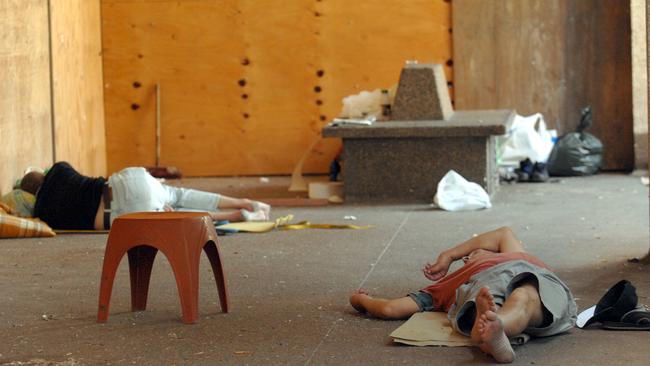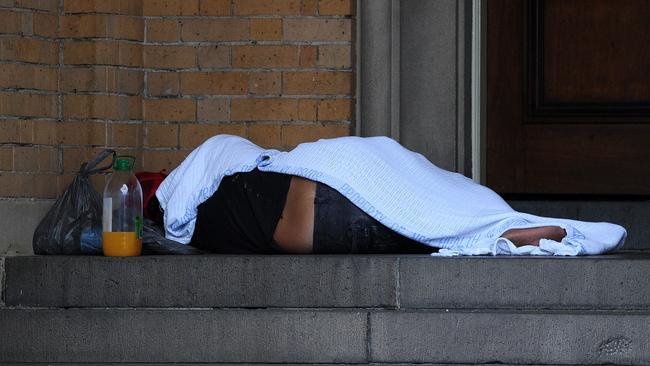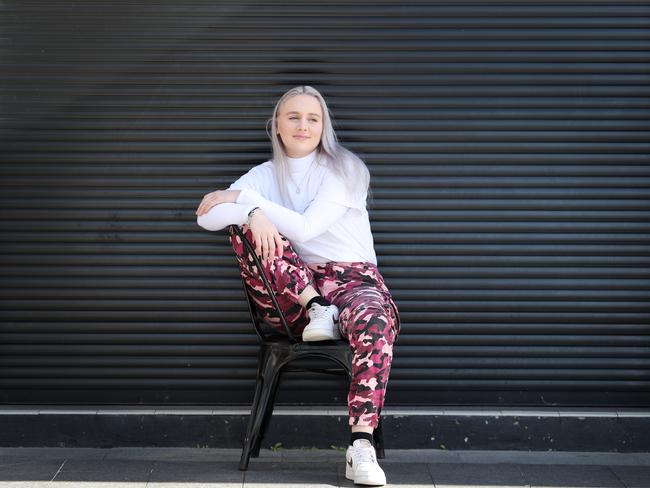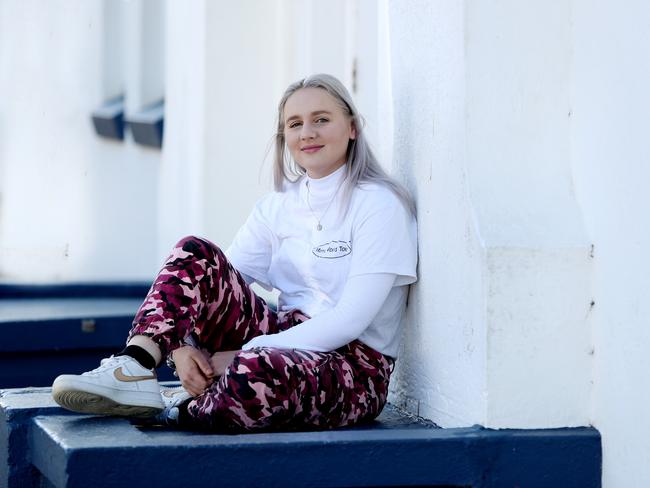COVID-19: New data shows response to homelessness during pandemic
Skye Harvey was effectively homeless for two years until a program got her back on her feet. It comes as new data reveals the government’s response to homelessness during COVID-19.

Central Coast
Don't miss out on the headlines from Central Coast. Followed categories will be added to My News.
The first week of August marks Homelessness Week, which has taken on even greater importance this year as NSW struggles to keep a lid on the coronavirus pandemic.
The Department of Communities and Justice (DCJ) is working hard to find accommodation for homeless people across Newcastle and the Central Coast to protect some of society’s most vulnerable people and prevent the spread of COVID-19.
Since assertive outreach services were expanded in April, DCJ and its non-government partners have conducted 188 patrols to identify homeless people in the Lake Macquarie and Central Coast local government areas.

This has helped 43 people experiencing street homelessness into temporary accommodation.
A further seven homeless people have been placed into long term accommodation.
Since assertive outreach services began in Newcastle in August last year, DCJ and its partners have conducted 496 patrols, helping 193 homeless people into temporary accommodation and 104 people into long term housing.
To prevent homelessness the government has started helping struggling people with Rent Choice payments with 81 new households on the Central Coast receiving assistance from March 27 to July 26.

At age 15, Skye Harvey found herself facing the stark reality of homelessness and spent the two years couch surfing until she discovered the Premier’s Youth Initiative (PYI).
Mentors through the PYI program assisted Ms Harvey, now 18, into her own private rental accommodation at The Entrance where she still calls home today.

Ms Harvey also received funding for home set-up costs, budgeting and independent living skills training, referrals to relevant support services and assistance with her university enrolment through the program.
Having stable and secure accommodation enabled her to graduate high school, work two jobs — one full-time — and commence a university pathway program to get into a law degree.
Ms Harvey said she saved every cent she earned because it could be the difference between paying car registration and being able to get to work or losing her jobs and not being able to afford rent.

She said the program inspired her to “never give up”.
“For any young person in a similar situation and about to start the program I would say jump in with both feet,” she said.
Families, Communities and Disability Services Minister Gareth Ward said the government and its partners were working hard to prevent and respond to homelessness in all its forms.
“Whether people are sleeping on our streets, couch surfing or escaping domestic violence — we are here to provide tailored support to help break the cycle of homelessness,” he said.
“We have provided more than $70 million since the pandemic started to bolster support for people who need it most. We know there is a long way still to go, but the work we are doing is profound, and is changing lives.”
If anybody is homeless or at risk of homelessness, they can contact Link2home: 1800 152 152.

